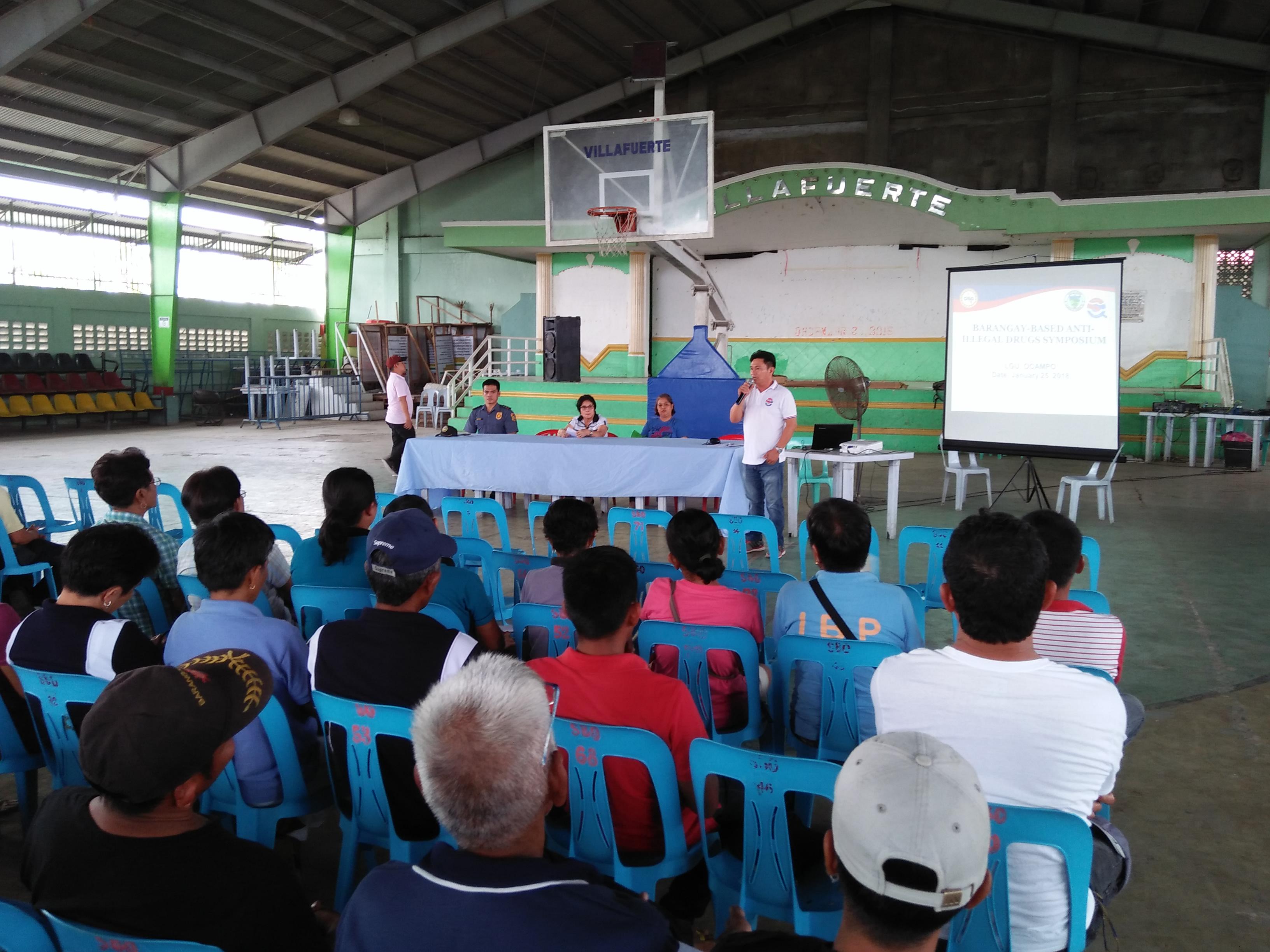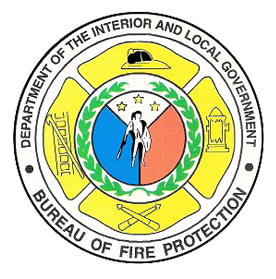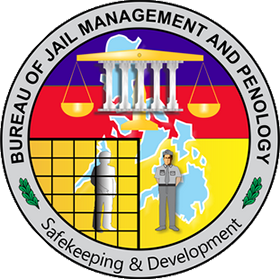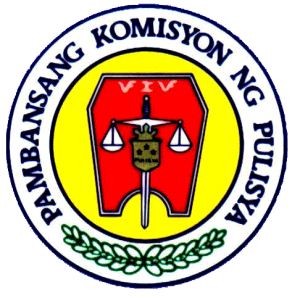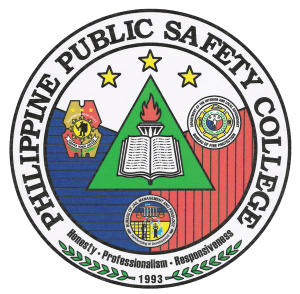Recognizing the need for barangays to be at the forefront in the fight against illegal drugs, the DILG Camarines Sur Provincial Operations Office through the local field operations office conducted a Barangay-based Symposium on Anti-Illegal Drugs in order to strengthen not only the Barangay Anti-Drug Abuse Council but also the volunteers who provide the necessary support to the council as partners in operations and information gathering. The series of activities, conducted from the third until the last week of January 2018 was another accomplishment in the roster of Capacity Development initiatives of the Department.
The fight against anti-illegal drugs has been the battle cry of President Rodrigo R. Duterte from the onset of his administration until present, and anti-illegal drugs has been recognized as one of the major components in the endeavour towards peaceful, safe and orderly barangays. Undoubtedly, it is recognized that in order to truly achieve meaningful development, a barangay must be drug-free or at the least, drug-cleared.
This activity is an implementation strategy of the broader MASA MASID Project which aims to promote community involvement to contribute in addressing problems on illegal drugs down to its sources. Concretely, this endeavour was an extensive Advocacy and Education Campaign (AEC) that focused on increasing public awareness on their role to proactively address the problem on illegal drugs. Through this mechanism, the DILG Camarines Sur was able to strengthen and further mobilize the support of various stakeholders, from the grassroots and ensure the participation of the barangay through the BADAC and MASA MASID.
Participating LGUs in the activity consisted of 199 selected barangays of Camarines Sur represented by key stakeholders in the barangay namely: 2 Barangay Officials, 10 inhabitants of the barangay, BADAC Focal Person or CSO Representative to BADAC and 2 MASA MASID Volunteers. Serving as lead facilitators in the series of activities were the DILG Cluster Heads and field officers. They were assisted by the PNP who acted as resource persons.

